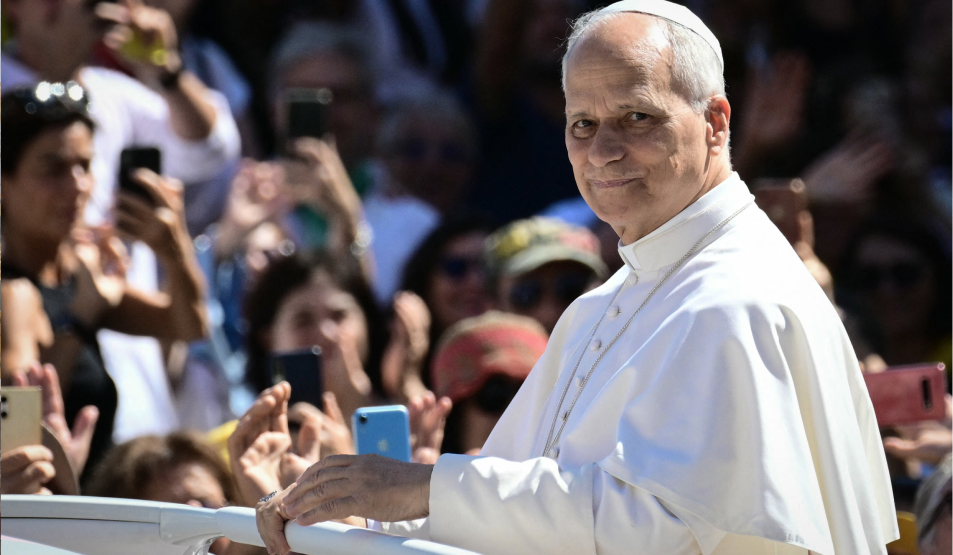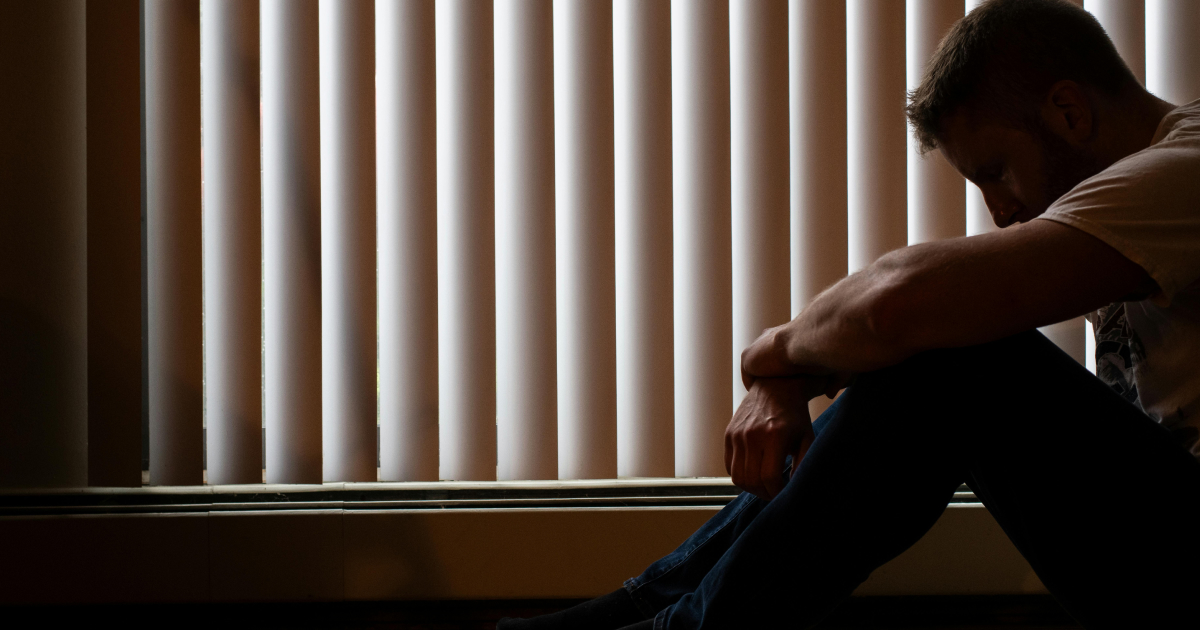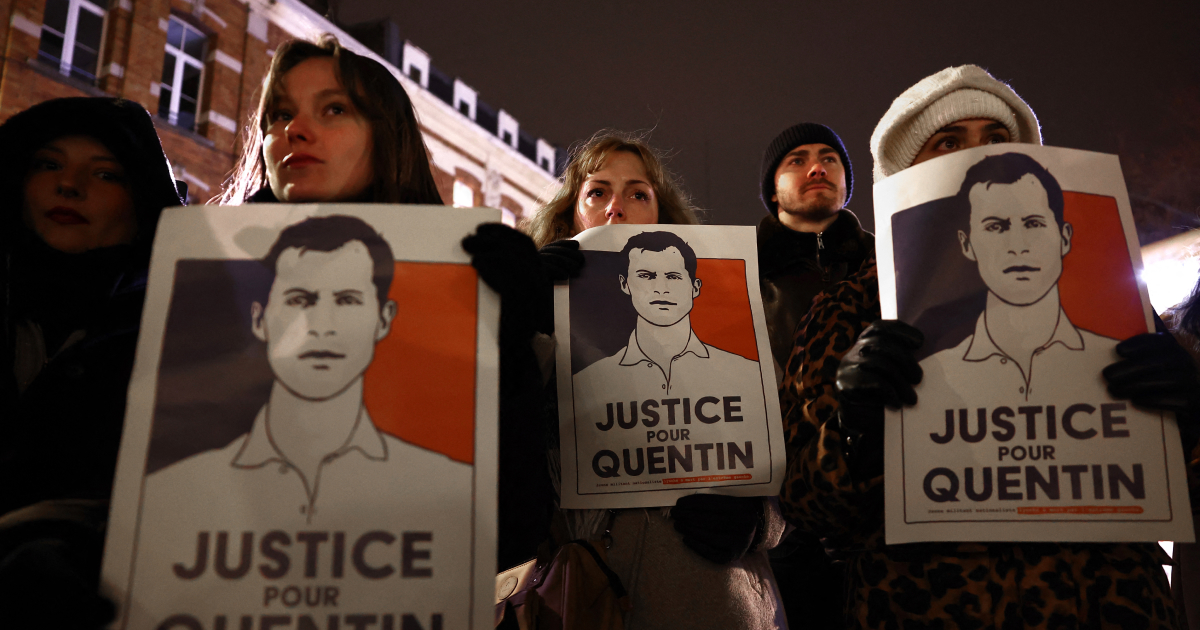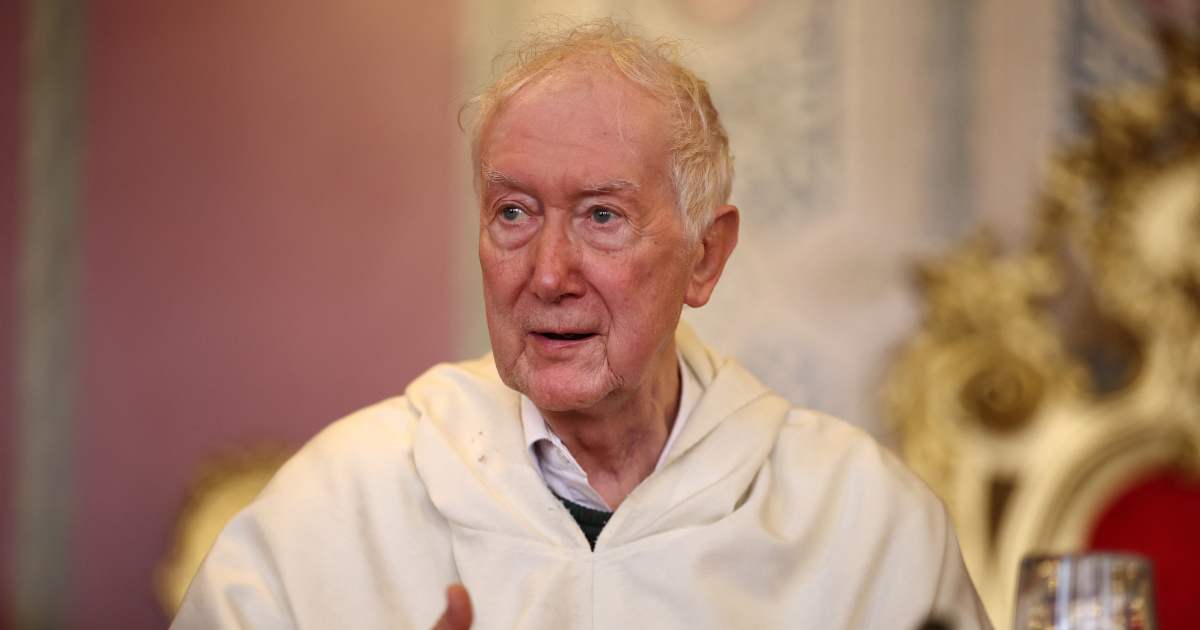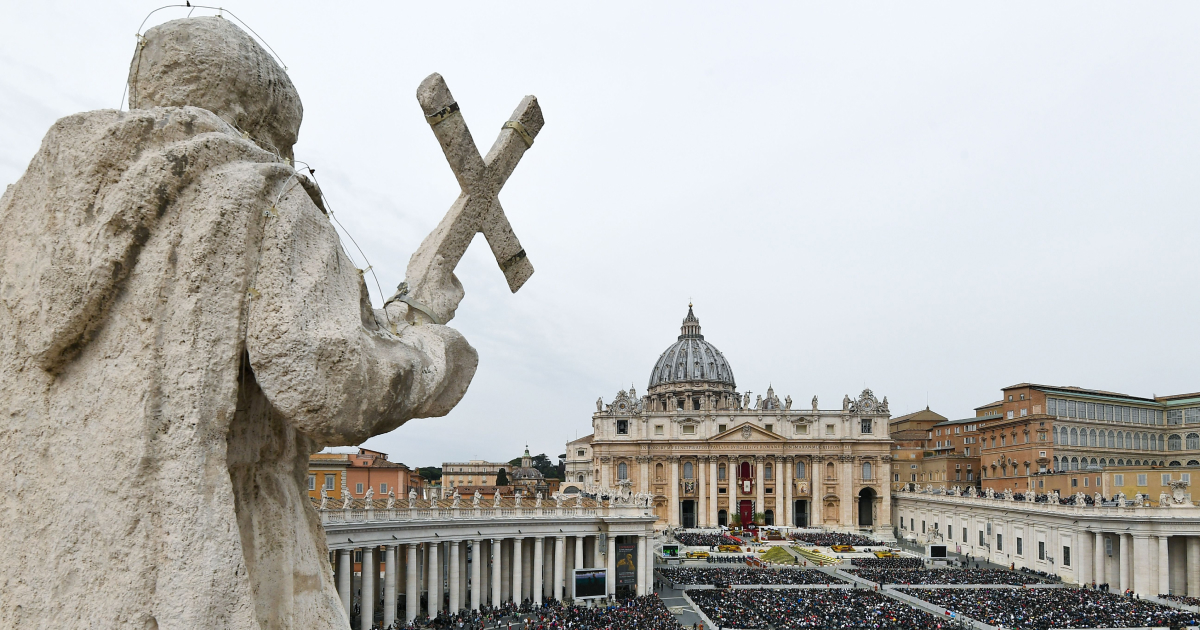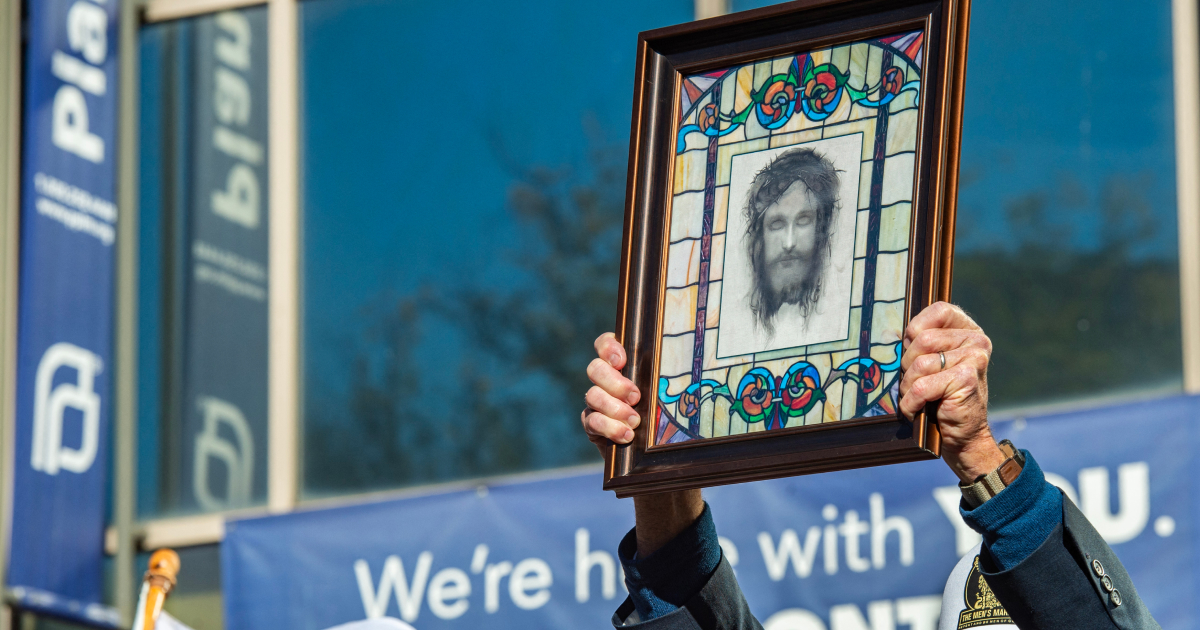Pope Leo XIV has issued a new Apostolic Letter urging Christians to recover the unity of faith first expressed at the Council of Nicaea 1,700 years ago.
Released on the 23rd for the feast of Christ the King, In unitate fidei comes just days before the Pope begins his first foreign journey, a highly symbolic visit to Türkiye, where he will mark the anniversary at the site of the ancient council.
The document, running to twelve sections, takes the Nicene Creed as the starting point for a renewed call to communion among Christians.
“For centuries,” the Pope writes, “this enduring confession of faith has been the common heritage of Christians, and it deserves to be professed and understood in ever new and relevant ways.”
He adds that the Creed remains “the heart of the Christian faith,” a touchstone for believers “amid so many concerns and fears, threats of war and violence, natural disasters, grave injustices and imbalances”. The Pope says simply, “This Creed gives us hope.”
The Apostolic Letter also refers to the Holy Father’s longstanding conviction that the Creed, recited each Sunday by Catholics and other Christians, is the most fundamental expression of shared belief. The profession that Christ is “the Only Begotten Son of God… for our salvation he came down from heaven” is presented as a truth that once reconciled disputing bishops at Nicaea and can again act as a bridge between divided communities.
The Pope’s decision to publish the text on the eve of his journey to Türkiye underlines its purpose. He will visit Ankara, Istanbul and İznik, the modern city that occupies the site of Nicaea, where he will pray alongside Orthodox Patriarch Bartholomew and representatives of Eastern patriarchates. The gathering will commemorate the council convoked by Constantine in 325 to settle the crisis caused by the Alexandrian priest Arius, who denied the full divinity of Christ.
The Letter recalls that the bishops assembled at Nicaea were themselves survivors of violent persecution and were determined to clarify the Church’s faith in Jesus Christ, true God and true man.
Their proclamation, reaffirming that the Son is “begotten, not made, consubstantial with the Father,” is described by the Pope as a declaration that the one true God “has drawn near and has come to encounter us in Jesus Christ.” He writes, “This is the heart of our Christian life.”
In In unitate fidei, the Pope also links the Creed to the Church’s mission in a troubled world, saying that Christians must examine their faith honestly: “What does God mean to me and how do I bear witness to my faith in him?”
The document repeatedly returns to the theme of witness, emphasising that Christians, even when divided institutionally, recognise one another as baptised members of Christ. “Truly, what unites us is much greater than what divides us,” the Pope insists, urging believers to be a sign of peace in societies “torn apart by many conflicts”.
The approaching journey to Türkiye, which will include an ecumenical prayer service at the archaeological remains of Nicaea’s basilica, is expected to highlight these themes.
It will also draw attention to the Christian minorities of the Middle East and to the realities faced by refugees, particularly in Lebanon, where the Pope will later travel. Both countries have suffered instability, demographic upheaval and, in Lebanon’s case, the continuing trauma left by the devastating Beirut port explosion.
(Photo by FILIPPO MONTEFORTE/AFP via Getty Images)





